Sales Up At U.S. Rubber Recycling
Change in consumer buying habits helped drive major growth in 2020
When a company boosts sales by 40 percent, diverts waste from landfills and helps ex-felons rebuild their lives by putting them to work, it must be doing something right.
U.S. Rubber Recycling Inc., a Colton, California business that converts used truck tires into rubber flooring and sound-reducing underlayment, has accomplished all of that amid the COVID-19 pandemic, no less.
CEO Jeff Baldassari attributes the company’s 2020 sales increase to a few factors:
“People changed their buying behavior in 2020 because of the virus,” he said. “They weren’t going to stores as much, but online sales went up. We’ve had a longtime partnership with Rubber Flooring, which sells rubber mats and flooring, and their sales exploded because of online buying.”
That alone would have put the company well ahead of its 2019 performance. But U.S. Rubber also inked a deal with Home Depot.
 “It usually takes a business nine months to onboard with Home Depot, but we did it in a week,” he said. “Their online purchasing has accelerated quickly and they needed flooring.”
“It usually takes a business nine months to onboard with Home Depot, but we did it in a week,” he said. “Their online purchasing has accelerated quickly and they needed flooring.”
With fitness centers and gyms closed during much of the pandemic, Home Depot customers were clamoring for rubber flooring to outfit home gyms in their basements, garages and bedrooms, Baldassari said.
And as COVID-19 restrictions continue to ease, fitness centers and gyms are reopening with some upgrading their facilities, so demand for rubber flooring is higher than ever.
“We doubled our workforce since April of 2019,” Baldassari said. “Now we have 62 people in the company, including about 50 who work in the factory. The way we’re growing, I expect to add 20 more jobs this year.”
Needless to say, all of that momentum has fueled some growing pains.
U.S. Rubber Recycling’s Colton facility is 50,000 square feet, but the company is looking for a bigger space with 100,000 to 150,000 square feet to expand its production lines.
The factor that sets U.S. Rubber apart from its competitors is “the people part,” according to Baldassari.
“There’s a lot of competition for employees right now and we’ve hired ex-felons to help us grow our workforce,” he said. “Most employers won’t even talk to them once they’ve checked that box, but some of them have incredible skills.”
Because labor shortages abound in the Inland Empire, U.S. Rubber Recycling’s Bounce Back second chance hiring program gives it a competitive advantage, according to Baldassari. About 50 percent of the company’s current workforce is composed of formerly incarcerated people.
The company hired a psychiatric rehab counselor who conducts a screening process for hiring ex-felons to gauge their mental maturity and mindset and is on staff to help ex-felons adjust to the working world.
“We don’t want to have turnover,” Baldassari said. “If we give them some guidance to make better choices they are less apt to go down the wrong path again.”
Finally, there’s the environmental component.
U.S. Rubber diverted more than 9 million pounds of post-consumer tire rubber from local landfills in 2020 alone, and the company gets 70 percent of its source material from tire processing facilities within 15 miles of the factory, giving it a low-carbon supply chain.
That makes its products appealing to green builders and companies with sustainability goals. There’s a financial advantage as well.
“When we get the rubber it’s already been ground up and granulated,” Baldassari said. U.S. Rubber created a management team that has rejuvenated the company over the past couple of years by streamlining operations, empowering personnel and promoting shared goals. That has resulted in a 30 percent increase in worker output.
Source: Kevin Smith, Orange County Register
© Scrap Tire News, August 2021






